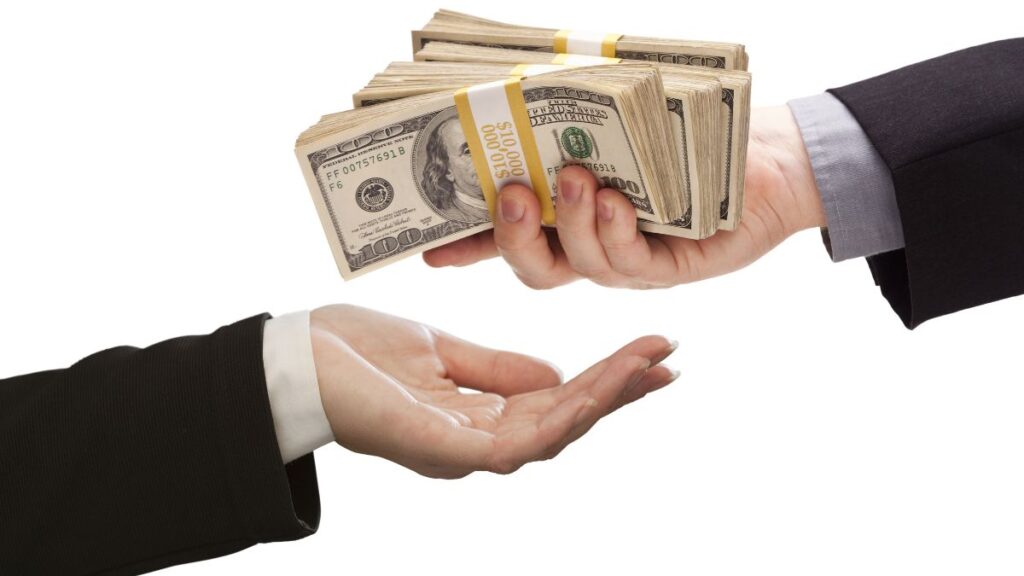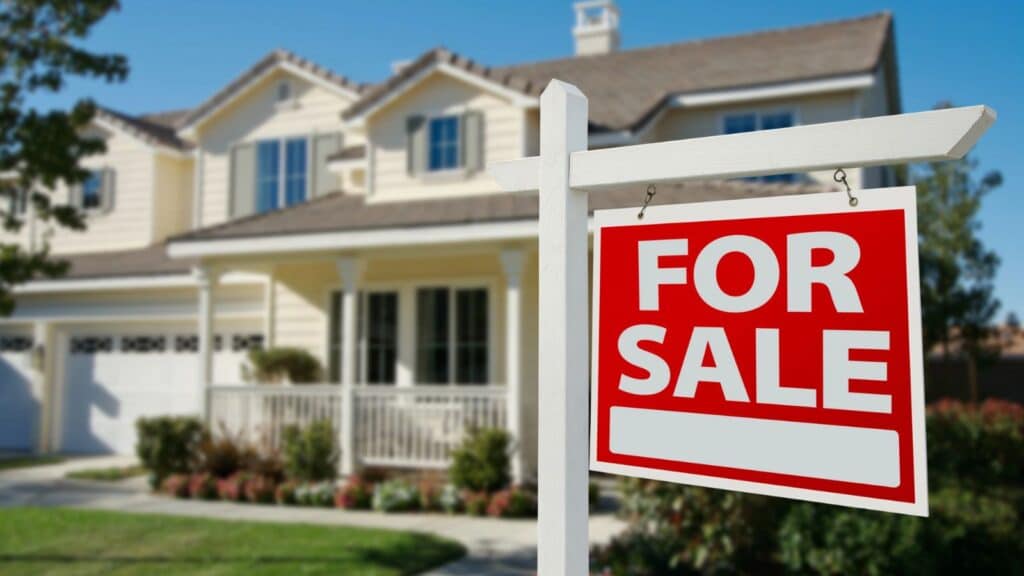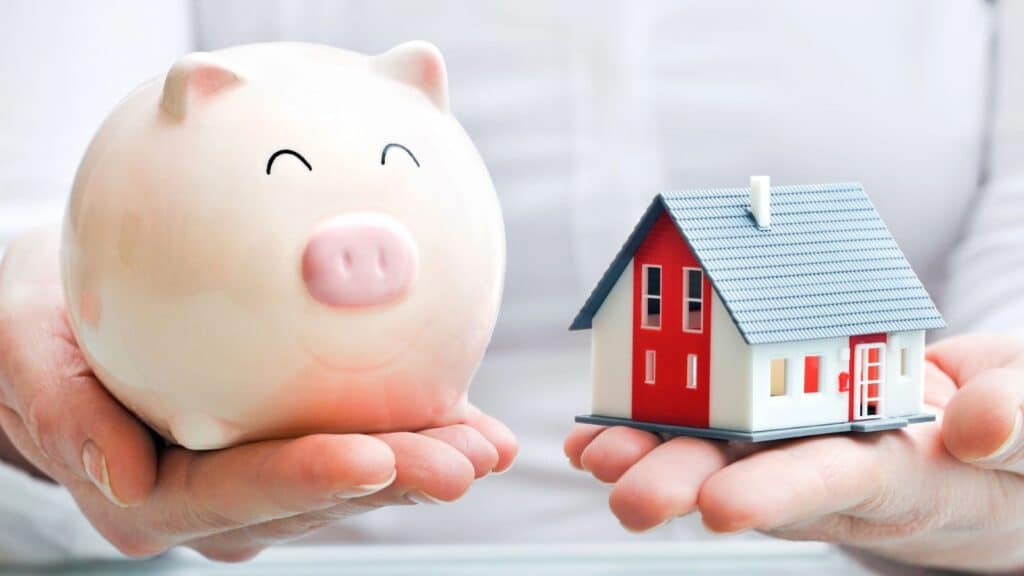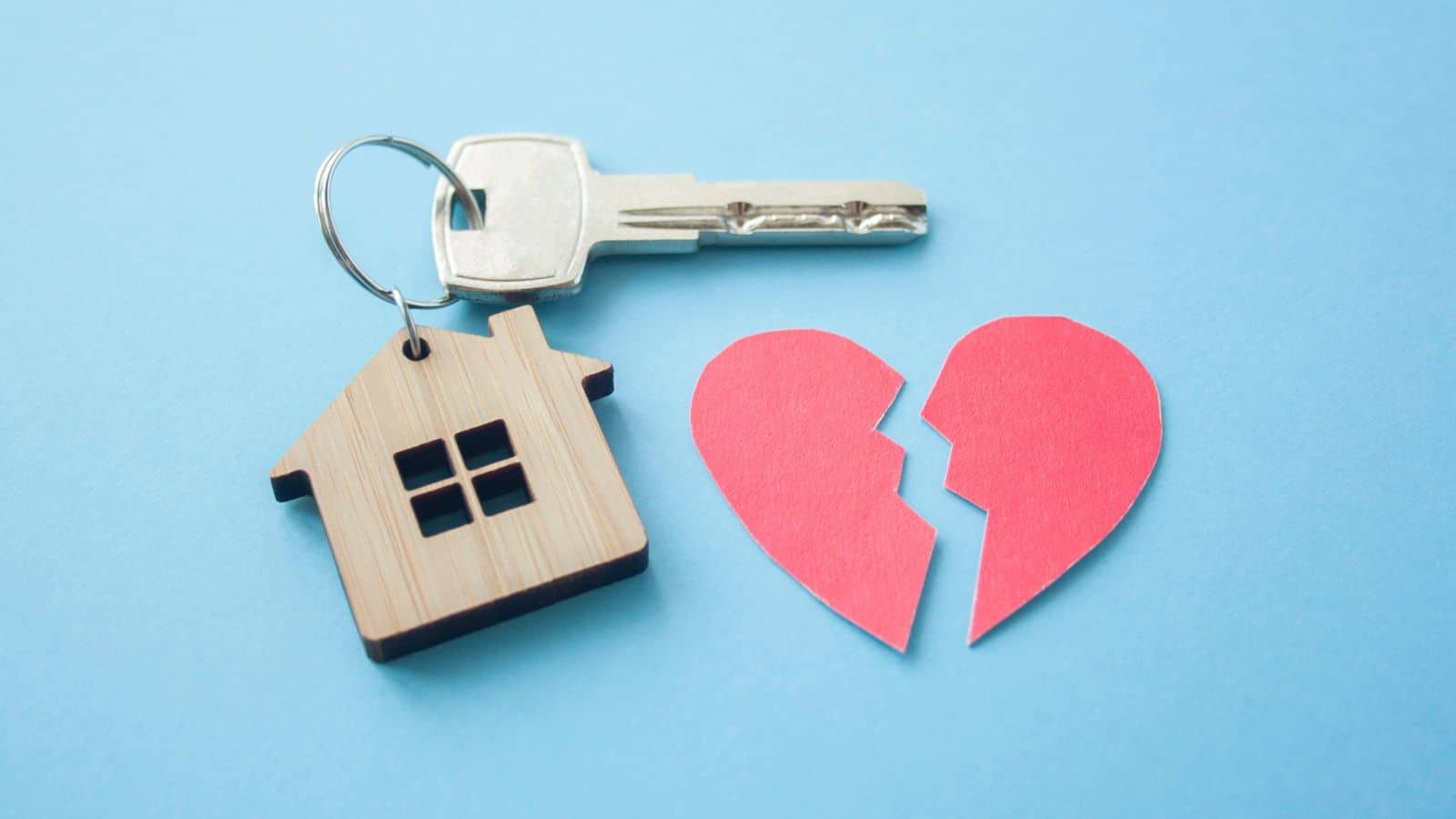Traditionally, buying a house has always been seen as the big financial goal. But with today’s prices and interest rates, it’s not so simple. For some, owning a home makes sense. For others, it can be a major setback. Here are nine reasons buying isn’t always the smart move people think it is.
It Doesn’t Always Build Wealth

Homes can appreciate, sure—but not always. Property values can drop, neighborhoods can change, and the market can stall for years. Unlike other investments, your home also comes with constant expenses. If you’re banking on your house to grow your wealth, it may not pay off the way you expect.
💸 Take Back Control of Your Finances in 2025 💸
Get Instant Access to our free mini course
5 DAYS TO A BETTER BUDGET
Maintenance Costs Add Up Fast

Roof repairs, plumbing issues, property taxes—none of that comes cheap. Homeownership means you’re responsible for everything. These hidden costs can eat into your savings quickly and leave you with little room to build wealth elsewhere. Renters often avoid these surprise bills entirely.
It Ties Up Your Cash

The down payment, closing costs, insurance, and upgrades can soak up a huge chunk of your money. Once it’s in your house, it’s not easy to access. That means less flexibility for emergencies, investing, or even simple things like moving for a better job.
It Can Limit Your Freedom

Owning a home ties you to one place. If you want to move for work, family, or just a change of pace, it’s not as simple as giving notice and packing up. Selling takes time and money, and you may not come out ahead—especially if the market cools.
Renting Can Be the Smarter Move

There’s a myth that renting is “throwing money away.” But renting can free up money to invest, keep your budget predictable, and give you more flexibility. In many areas, renting is actually cheaper month-to-month—and the extra savings can grow faster in a retirement account than in home equity.
Emotional Pressure Skews Decisions

People often feel like they “should” buy because it’s seen as a sign of success. But buying out of pressure, not practicality, can lead to regret. Just because it’s a milestone doesn’t mean it’s the right move for your life or finances right now.
You Don’t Always Control the Value

Even if you take great care of your home, external factors still affect what it’s worth. A new development, a struggling school district, or rising crime can drop your home’s value through no fault of your own. That risk makes it less predictable than other types of investments.
It’s Not Passive Income

Some people buy homes thinking they’ll rent them out later or “build equity” by living in them. But being a homeowner or landlord takes time, money, and effort. If you’re not prepared for the work—or the risks—it won’t feel like an investment at all.
Ownership Isn’t Always the End Goal

For some people, financial freedom means flexibility, mobility, and less responsibility. If homeownership doesn’t line up with your goals or lifestyle, that’s okay. Renting, investing elsewhere, or even living smaller can be just as smart—sometimes smarter.
Think Bigger Than the Mortgage

A home can be part of a financial plan—but it shouldn’t be the entire plan. Real financial security comes from balance: saving, investing, earning, and spending wisely. Owning a home just to check a box doesn’t guarantee wealth. In fact, it may slow you down.
The $50 Home Upgrades You’ll Wish You Tried Sooner

Tight budgets don’t mean you can’t improve your home while cutting costs in the future. Plenty of small, cost-efficient changes not only make your space look and feel better but also help reduce energy bills and maintenance expenses. Here are impactful upgrades you can make for $50 or less that deliver long-term savings. The $50 Home Upgrades You’ll Wish You Tried



